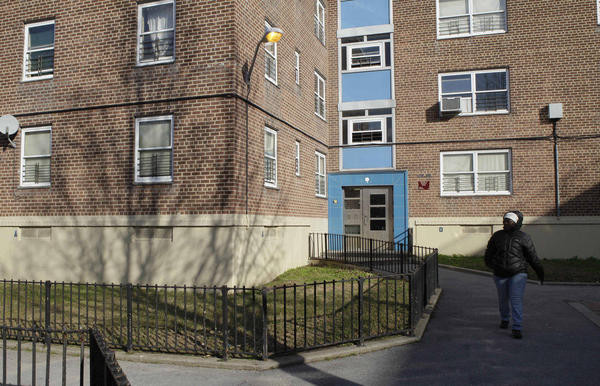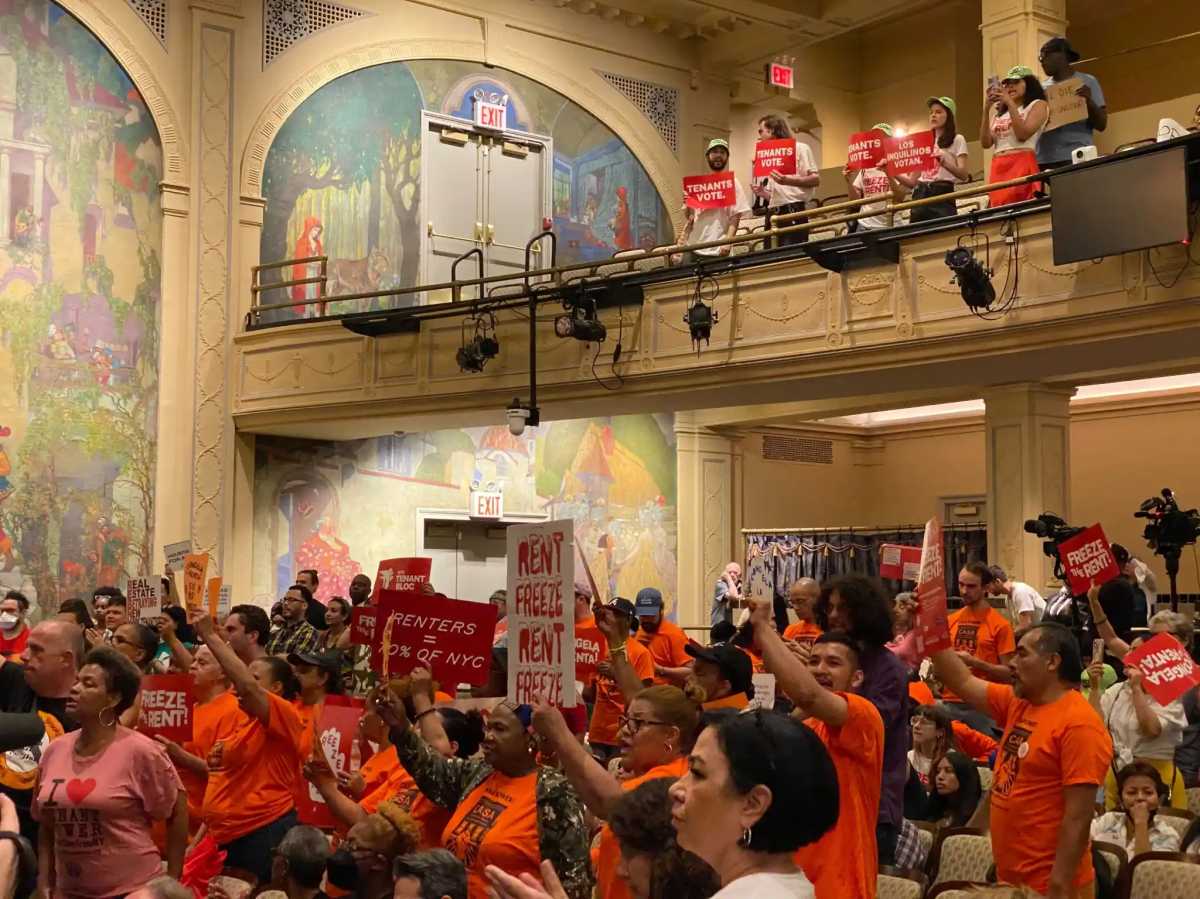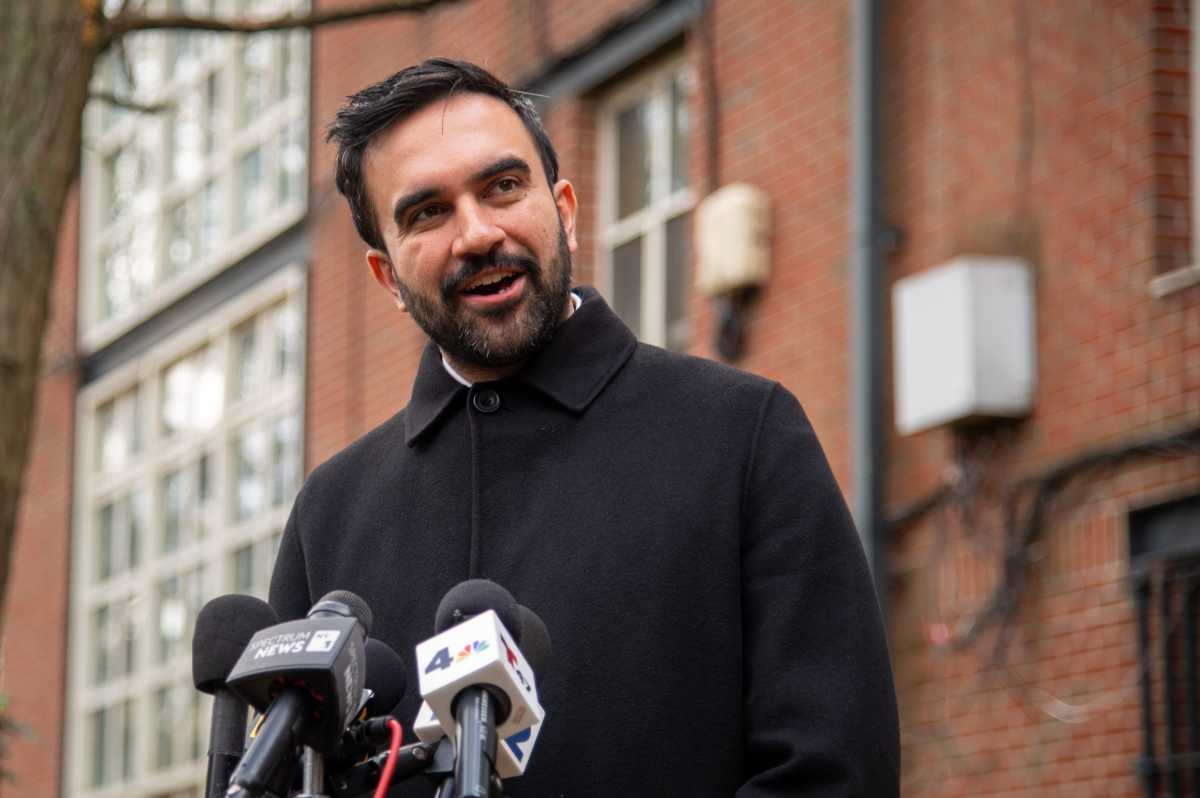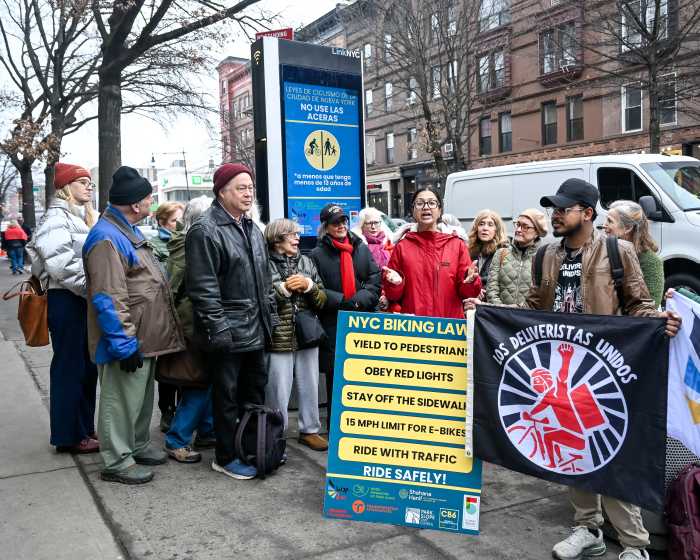The Breukelen Houses, the Pink Houses and the Ingersoll Houses were the top three New York City Housing Authority developments in Brooklyn with a backlog of repair work yet to be done, according to data provided by NYCHA to New York City Comptroller Scott Stringer’s office during an audit.
The audit also revealed that NYCHA drastically under-reported data on its maintenance backlog and failed to properly train staff to get rid of mold, mildew and excessive moisture conditions in tenants’ apartments. It also fell dramatically short in meeting its’ own repair deadlines.
In February 2013, NYCHA established a new policy of closing ‘non-emergency’ work orders if residents are not home when NYCHA attempts one time to make repairs; the Authority’s policy for Emergency Repairs is to visit twice before closing the work order. The policy reduced the backlog of repairs on paper, without fixing a single problem for those residents who were at work or otherwise not available when NYCHA finally appeared to make repairs.

“Making problems disappear on paper, while leaving residents to deal with leaky plumbing, faulty wiring and falling plaster is the worst kind of magic trick,” commented Stringer. “Creative accounting is simply not the solution.”
The Breukelen Houses in Canarsie topped Brooklyn’s list and was the third highest in the city of negligence with 897 non-current work orders as of July 2014. The development also have 44 outstanding Department of Buildings violations and six outstanding Environmental Control Board violations as of September 2014.
The Pink Houses in East New York have a record of 582 non-current work orders, 92 outstanding DOB violations and only 1 outstanding ECB violation.
The Ingersoll Houses in Fort Greene, have a total of 569 non-current work orders, 51 outstanding DOB violations and 31 outstanding ECB violations.
Stringer proposed a reform agenda composed of four main elements. The first is NYCHAStat, which would provide real-time, development-by-development breakdown of key maintenance statistics. Budget reform would enforce the submission of quarterly budgetary reports. A Physical Needs Assessment would update and publicly release its a comprehensive overview of major infrastructure needs while making it “user-friendly” for the public. Lastly, Battery Park City Authority funds that amounts to approximately $400 million over the next ten years, would support capital improvements at NYCHA, including technology and infrastructure upgrades.
NYCHA acknowledged that it “must fundamentally change how we do business, which is why NYCHA recently released NextGeneration NYCHA-a 10-year strategic plan to change the way NYCHA is funded, operates and engages residents. Through immediate measures and long-term strategies in NextGeneration NYCHA, we plan to address many of the issues [Stringer] raised.”










